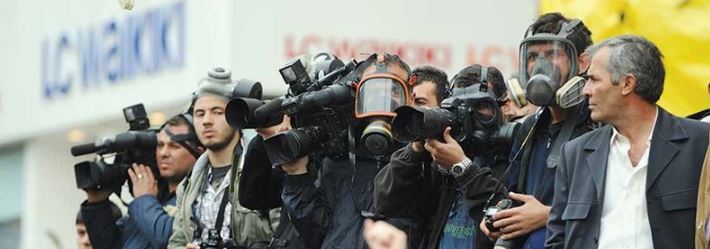In addition to our regular publications, events, and our blog, CIMA offers a number of other resources that will be useful to anyone interested in media development issues. If you would like to see any additions to our set of resources, please feel free to contact us at cima@ned.org.

International donors, both public and private, play an essential role in media development worldwide. In order to better understand the work donors are facilitating around the world the Center for International Media Assistance, with support from the Open Society Foundations (OSF), surveyed these organizations. In each profile you will learn about the organization’s background, its current thematic priorities, details about funding, and in most cases a couple of examples that illustrate the types of media development projects they fund.

While at first blush discussions about digital regulation, technical protocols, and infrastructure may seem distant from the concerns of news media, in fact, they ultimately have a direct impact on who is able to access the internet and how that information flows on the global network.

Journalism ethics comprise standards and codes of conduct journalists and journalistic organizations aspire to follow. Principles of ethical journalism vary from place to place and context to context. However, standards typically include accuracy, objectivity, transparency, accountability, comprehensiveness, fairness, and diversity. The ability of journalists to adhere to ethical norms depends heavily on a constellation of often competing interests and forces they cannot control, including government interference, economic realities and technical limitations.